“The Age of Amazement” at TED2018
What a week at TED 2018! More than 100 speakers — activists, scientists, adventurers, change-makers and more — took the stage to give the talk of their lives this week. We’ve heard so much, from dystopian warnings to bold visions for change. Human stories that underpin everything we are, everything we want, from new ways to set goals and move business forward, to unabashed visions for joy and community. I laughed, I cried, I was shocked, inspired, horrified, mournful, joyful and most of all - deeply touched by the sheer beauty of humanity. Here’s a list of the highlights we heard throughout the week.
Discomfort is a proxy for progress. If we hope to break out of the filter bubbles that are defining this generation, we have to talk to and connect with people we disagree with. This message resonated across the week at TED, with talks from Zachary R. Wood and Dylan Marron showing us the power of reaching out, even when it’s uncomfortable. “Empathizing with someone I profoundly disagree with doesn’t suddenly erase my deeply held beliefs and endorse theirs,” Marron cautions. “I simply am acknowledging the humanity of a person who has been taught to think a certain way, someone who thinks very differently than me.”
Photo: Ryan Lash / TED
Can we rediscover the humanity in our tech? In a visionary talk about a “globally tragic, astoundingly ridiculous mistake” companies like Google and Facebook made at the foundation of digital culture, Jaron Lanier suggested a way we can fix the internet for good: pay for it. “We cannot have a society in which, if two people wish to communicate, the only way that can happen is if it’s financed by a third person who wishes to manipulate them,” he says. You can’t have one without the other.
Historian Yuval Noah Harari, appearing onstage as a hologram live from Tel Aviv, warns that with consolidation of data comes consolidation of power. Fascists and dictators, he says, have a lot to gain in our new digital age; and “it’s the responsibility of all of us to get to know our weaknesses, and make sure they don’t become weapons in the hands of enemies of democracy”.
Photo: Ryan Lash / TED
Seeing opportunity in adversity. “I’m basically nuts and bolts from the knee down,” says MIT professor Hugh Herr, demonstrating how his bionic legs — made up of 24 sensors, 6 microprocessors and muscle-tendon-like actuators — allow him to walk, skip and run. Herr builds body parts, and he’s working toward a goal that’s long been thought of as science fiction: for synthetic limbs to be integrated into the human nervous system. He dreams of a future where humans have augmented their bodies in a way that redefines human potential, giving us unimaginable physical strength — and, maybe, the ability to fly.
Photo: Ryan Lash / TED
Another announcement comes from futurist Ray Kurzweil: a new way to query the text inside books using something called semantic search — which is a search on ideas and concepts, rather than specific words. Called TalkToBooks, the beta-stage product uses an experimental AI to query a database of 120,000 books in about a half a second.
Photo: Ryan Lash / TED
We urgently need social change and policy solutions as much as we need to continue to innovate and create technology solutions. And despite the wake of mass shootings, terrorism, climate change, threats to the world’s finite resources and the “behavior change empires” (as Jaron Lanier refers to tech monopolies of our time) - it seems that the world is actually getting better after all. Comparing the most recent data on homicide, poverty and pollution with the same measures from 30 years ago, psychologist Steven Pinker shows that we’re doing better now in every one of them. Overall the story that we tell ourselves about our history matters because our hopes and efforts for building a better future are inextricably linked to our perception of the past. Humanity learns as identities alter to become less aggressive and more open, so that networks can connect individual capacities more effectively and join our resources together. Reminding me that “the greatness of humanity is not in being human, but in being humane” ― Mahatma Gandhi. And as the architect Renzo Piano noted, there is still plenty of beauty to be grateful for. Overall making TED2018 such an incredible and memorable experience. #theageofamazement





